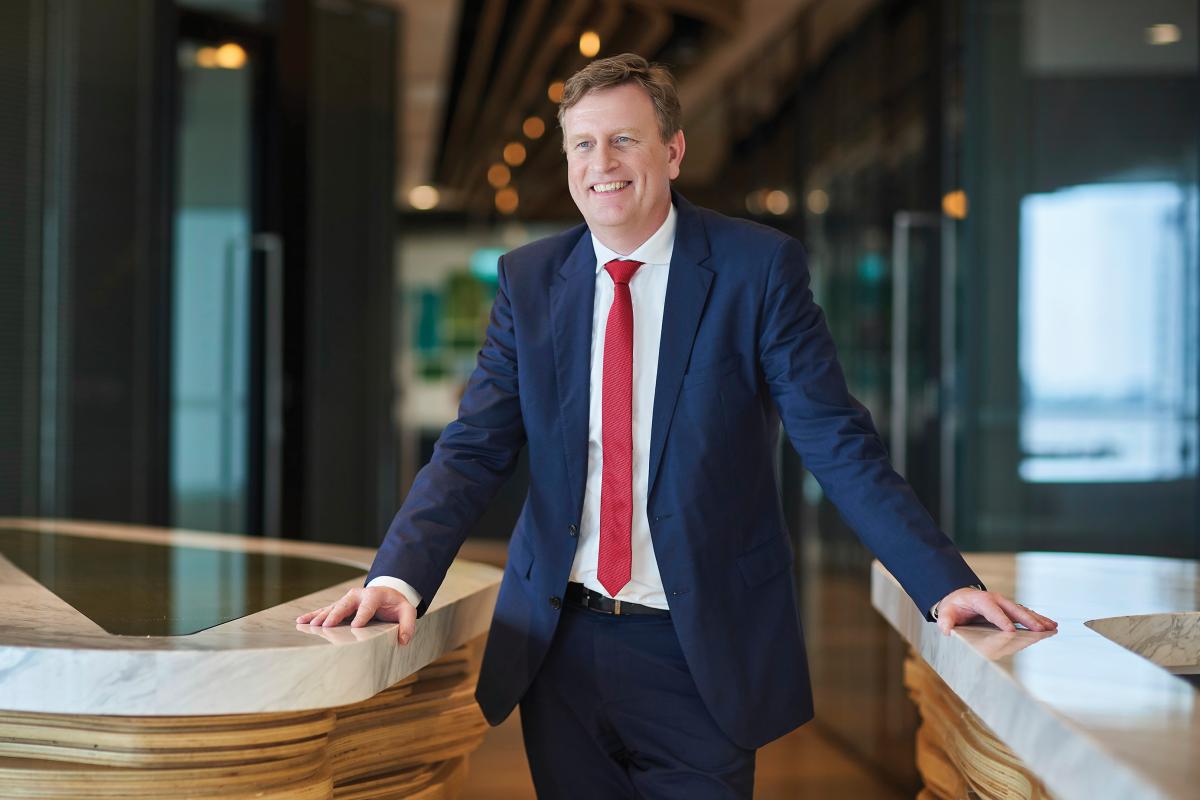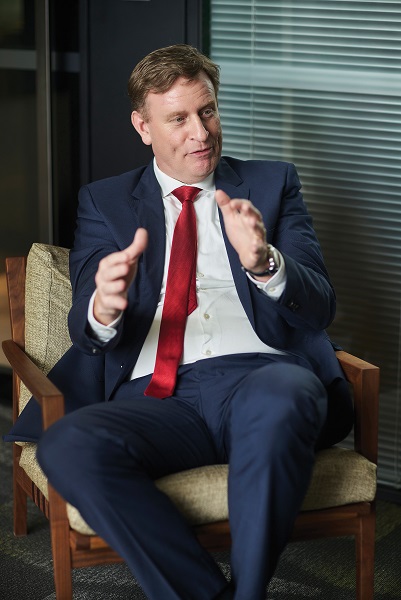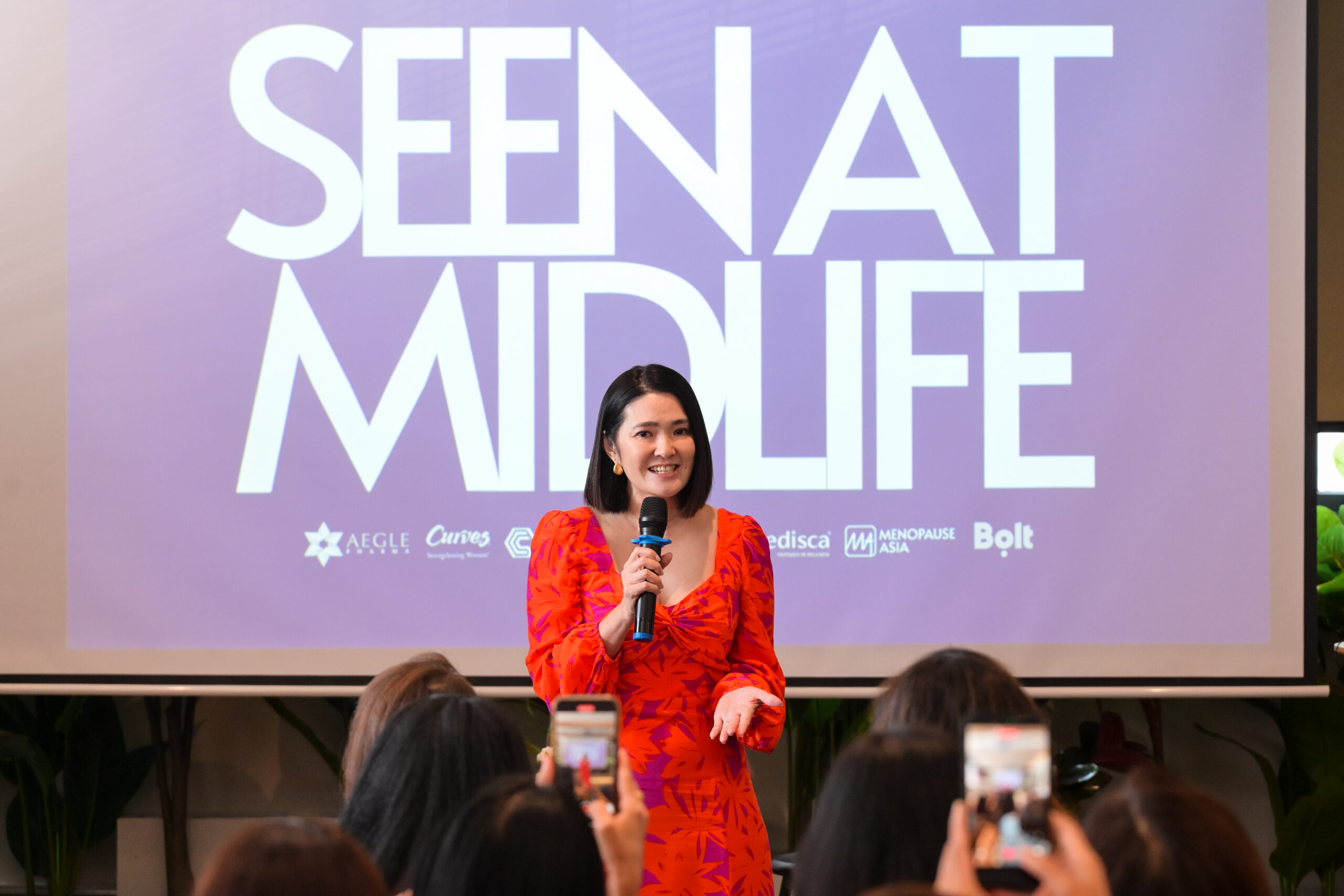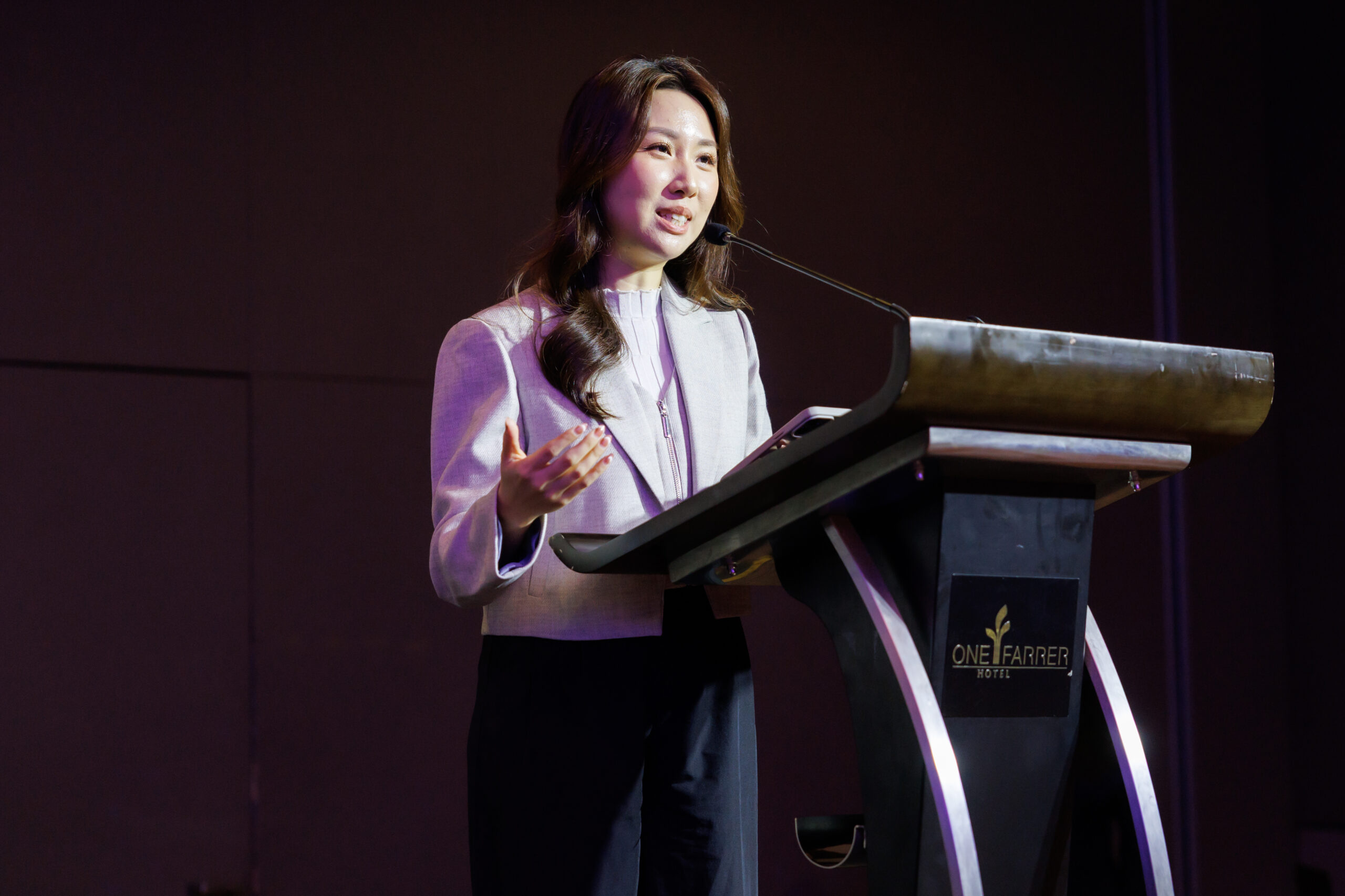One-on-one with Cargill Asia-Pacific’s Peter Van Deursen
- Yamini Chinnuswamy
- Topics: Asia-Pacific, Features, Leadership

hrmasia
The principles of leadership
What do you look for when you’re hiring or developing leaders?
Our core values are: putting people first, doing the right thing, and aiming high. We also look for people who are curious, and are willing to step out of their comfort zones to learn, and continuously improve. You have to be able to adapt to a changing environment, one that is only changing faster every year.
Playing to win is another key element. To me, this means challenging the status quo. It means raising the bar by continuously improving, and continuously challenging oneself to improve.
The other side of the coin is playing not to lose. But that means accepting the status quo, and not taking any risks: doing the ordinary, usual thing, and expecting ordinary results.
Leaders that play to win are always stretching themselves to the next level. That energy spreads to the people around them as well.
What advice would you give to young professionals who are aspiring to leadership roles?
Agility is very important. Get out of your comfort zone sooner rather than later. That doesn’t necessarily mean that you have to go completely out of your home country – but if you have the opportunity to do so, accept assignments in unfamiliar places – that experience is valuable.
The learning curve goes up exponentially when you’re out of your comfort zone.
What do you think is the most important facet of strong leadership?
The play to win mentality is one important element. But as a leader, you also have to be very predictable and transparent.
I think it’s devastating for any leader if people say about them: “you never know what they’re really thinking.” You can’t create trust that way.
So I aim to be very predictable and authentic. Of course, I can say a lot of things about that, but the proof lies with the people who work with you, and what they have to say about it.
So we do a lot of 360-degree feedback in the company. We ask employees to give feedback not only for their direct manager but also for people around them. And they also get feedback from their direct manager, subordinates, and people around them.
Then we get external coaches to help figure out how to learn from that feedback. The process isn’t for the company, it’s for the people – and if they’re open to learning from it, it can be very powerful.
One on one

What do you like about Singapore?
I like the climate here. There is no snow. A little bit of rain, but no snow.
But it’s so humid!
You do get used to that very quickly.
Do you have any particular bugbears?
Night calls. They’re a necessary evil in a global company, but I dislike them. Especially in Asia where because of time zones, you draw the shortest stick.
Where would you like to see yourself in five years?
I don’t plan too much. That’s something I learned – to live by the day. It’s very stressful to think about where you should be next. I think you have to live in the moment, to concentrate on contributing to the business, and leave something behind that is sustainable – to build a team around you that is strong even when you leave.
What advice would you give to your younger self?
Get out of the comfort zone as soon as you can. Take a risk and challenge the usual.
Do you have any guilty pleasures?
I like to watch all kind of sports and competitive events. Anything from soccer to cricket. Before I joined Cargill, I was a semi-professional soccer player, and I do still play. I would have liked to have continued that, but I am getting too old for it. But that’s where my competitiveness comes from, I think.
How would you describe yourself in just one word?
“Challenge.” Challenge the status quo. Challenge what you’re doing today. Always ask the what-if questions.
For more Asia-Pacific CEOs and business leaders discussing their HR challenges, head to HRM Asia’s dedicated Leaders Talk HR microsite.






